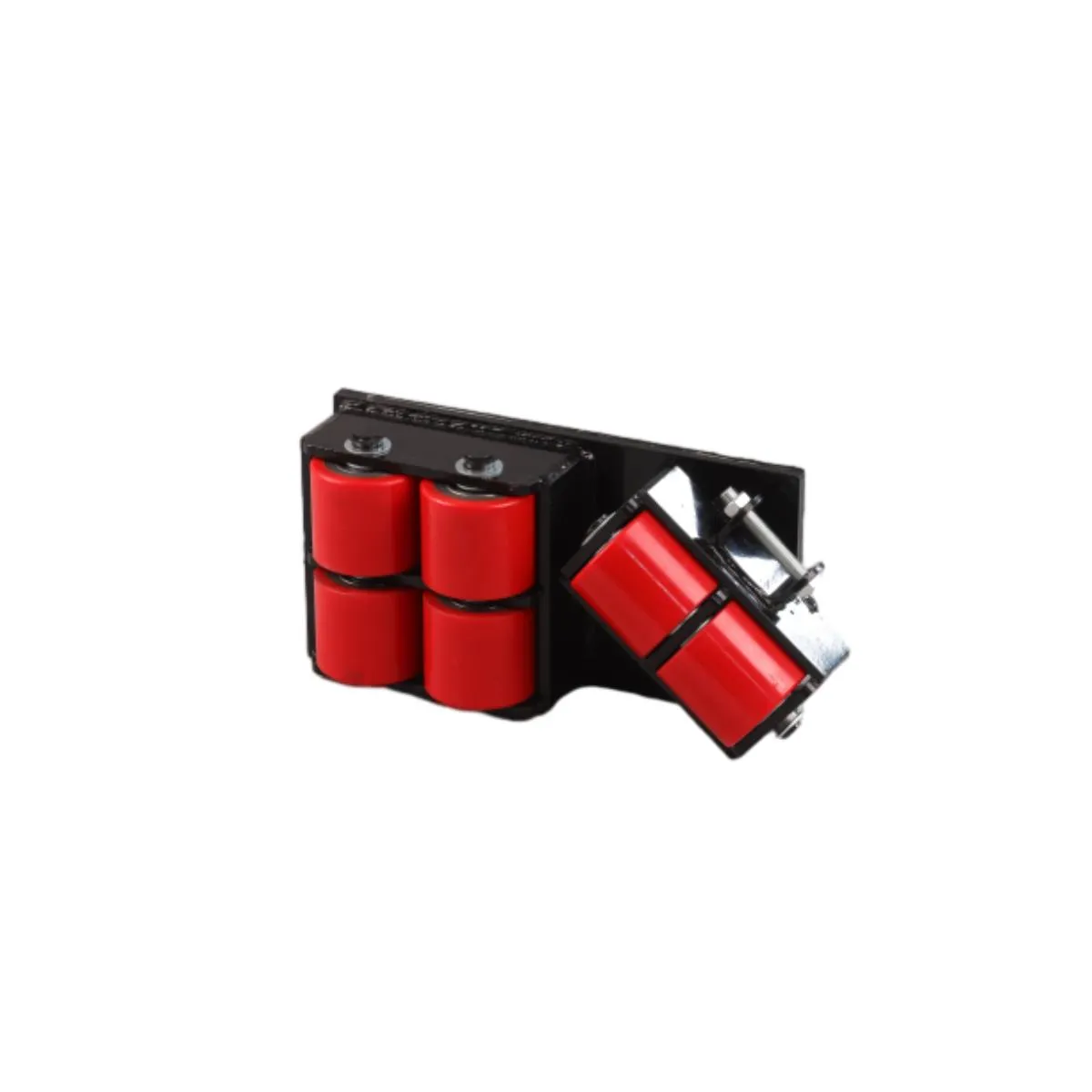Efficient Solutions for Relocating Heavy Machinery and Equipment with Expert Movers
The Essential Role of Equipment Movers in Modern Industries
In today’s fast-paced industrial environment, the movement of heavy machinery and equipment is a critical task that can significantly impact a business's efficiency and bottom line. Equipment movers play an indispensable role in this process, ensuring that heavy and oversized items are transported safely and efficiently, whether they are relocating a manufacturing plant, upgrading a production line, or simply moving items within a warehouse. Understanding the importance of equipment movers helps underscore their value to various industries.
One of the primary challenges industries face is the complexity of moving heavy equipment. These activities require not only significant physical strength but also specialized skills and equipment. It is here that professional equipment movers come into play. Trained in handling a wide range of machinery—from forklifts and CNC machines to HVAC units and industrial cranes—these professionals are equipped with the knowledge and expertise to transport even the most cumbersome items without causing damage to either the equipment or the facility.
Safety is paramount when it comes to moving heavy equipment. Improper handling can lead to injuries, equipment damage, and costly delays. Equipment movers adhere to strict safety protocols and are trained in the latest handling techniques. They utilize a variety of tools and machinery, including cranes, dollies, and rigging equipment, to ensure that every item is securely lifted and transported. Moreover, they are knowledgeable about weight distribution and towing capacities, minimizing the risk of accidents during the moving process.
equipment movers

In addition to safety, efficiency is a crucial aspect of the equipment moving industry. Equipment movers understand the unique requirements of different industries and tailor their services accordingly. They conduct thorough assessments before initiating a move, considering the layout of the location, the type of equipment involved, and any potential obstacles. This careful planning is essential to reducing downtime and ensuring that operations can resume as quickly as possible. By employing professional movers, companies can avoid the delays that come with inexperienced handling and reduce the risk of damage to expensive machinery.
Another significant advantage of hiring equipment movers is their experience in compliance with regulations. Heavy equipment transport often involves navigating local, state, and federal regulations. Equipment movers stay updated on relevant laws, including those related to transportation permits, road safety, and environmental requirements, alleviating the burden on businesses to manage these complexities themselves. This expertise is particularly vital when moving equipment across state lines or when relocating to a facility that requires compliance with specific safety and operational standards.
Finally, the benefits of equipment movers extend beyond the physical task of moving. By outsourcing this crucial job to professionals, companies can focus on their core activities without the added stress of equipment relocation. This strategic decision allows businesses to allocate resources more effectively and improve operational efficiencies, ultimately driving growth and profitability.
In conclusion, the role of equipment movers is essential in today's industrial landscape. From ensuring safety and compliance to enhancing efficiency and freeing up valuable resources, these professionals provide a critical service that supports various sectors. As industries continue to evolve and transform, the demand for skilled equipment movers will undoubtedly grow, highlighting their importance in facilitating operational success. Whether it's a small workshop or a large manufacturing plant, investing in professional equipment moving services can yield significant benefits and contribute to a more efficient and productive work environment.
-
Unlock Seamless Relocation with Our Heavy Equipment Moving ExpertiseNewsJun.06,2025
-
Unleash Unrivaled Flexibility with Our Adjustable Gantry CraneNewsJun.06,2025
-
Unleash Heavy-Duty Efficiency with Our Industrial Gantry Crane SolutionsNewsJun.06,2025
-
Revolutionize Steel Handling with Our Magnetic Lifter RangeNewsJun.06,2025
-
Master Equipment Mobility with Premium Machinery Mover SolutionsNewsJun.06,2025
-
Elevate Your Material Handling with Magnetic Lifter TechnologyNewsJun.06,2025
-
YS Permanent Lifting Magnets: The Smarter Way to Handle SteelNewsMay.22,2025
